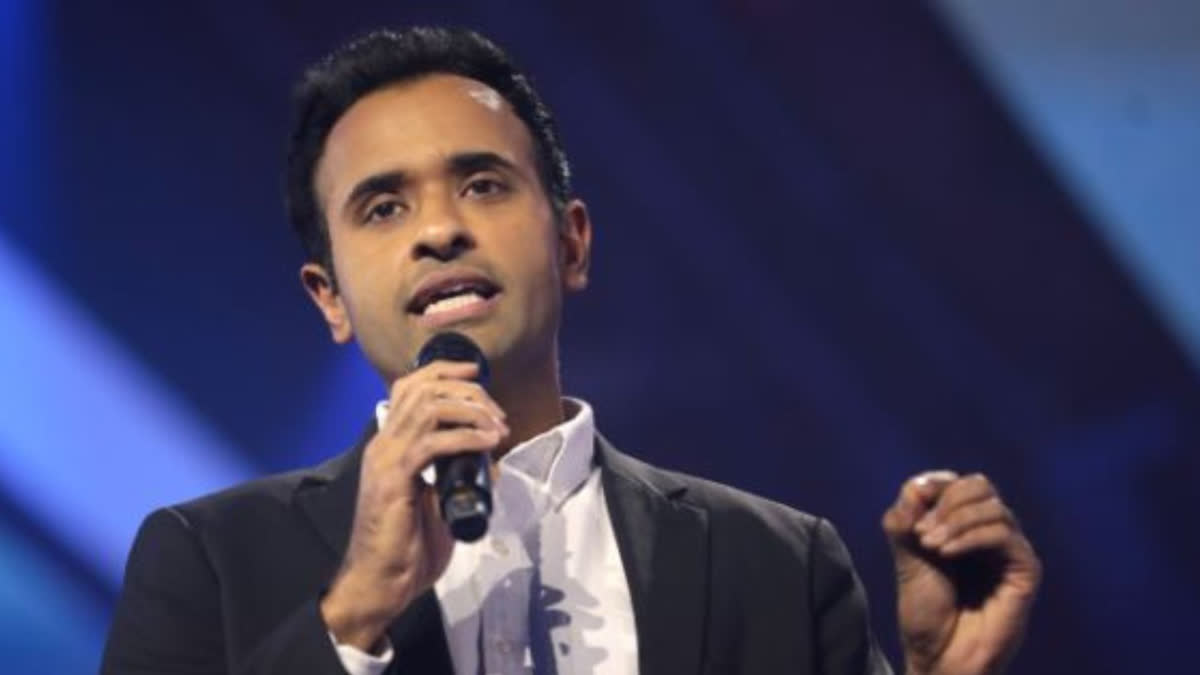Washington : The US embraces a policy that fails to recognise Taiwan as a nation and adopts the posture of strategic ambiguity over whether or not it will defend the East Asian country against a Chinese invasion, Indian American Republican presidential candidate Vivek Ramaswamy has said. Beijing considers Taiwan as its breakaway province and insists it should be unified with the mainland, by force if necessary. Taiwan, however, sees itself as completely distinct from China.
It is vital for US national security interest to ensure that China does not acquire sole control of the global semiconductor supply chain, Ramaswamy said in a statement on Sunday amidst increasing tension with China on the Taiwan issue. Accordingly, the US should shift from strategic ambiguity to strategic clarity: commit to affirmatively defend Taiwan against Chinese annexation until the US achieves semiconductor independence, at which point the US should resume its current posture of strategic ambiguity, he said.
Last week, the Biden Administration approved a military transfer of USD 80 million to Taiwan under the Foreign Military Financing (FMF), a programme typically used for sovereign states. In response, a state-run newspaper in China stated that the US had crossed a red line with lethal consequences. The Vivek campaign said at present, the US embraces the One China Policy, which fails to recognise Taiwan as a nation and adopts the posture of strategic ambiguity about whether or not the US will defend Taiwan against an invasion.
Also Read : Pope joins inter-faith meet to highlight Mongolia's religious tolerance amid China crackdown
This creates mutual confusion with China about red lines and increases the risk of major conflict between the US and China, a risk that is heightened in the near term when the entire US economy and modern way of life rely on leading-edge semiconductors manufactured in Taiwan, the campaign said. In the meantime, Taiwan can double its own military expenditures to a more rational four to five of GDP while the US bolsters its own military and economic alliances with India, Japan, and South Korea and fortifies our own homeland defense capabilities including but not limited to a nuclear missile, super-EMP, and cyber defenses, Ramaswamy said.
